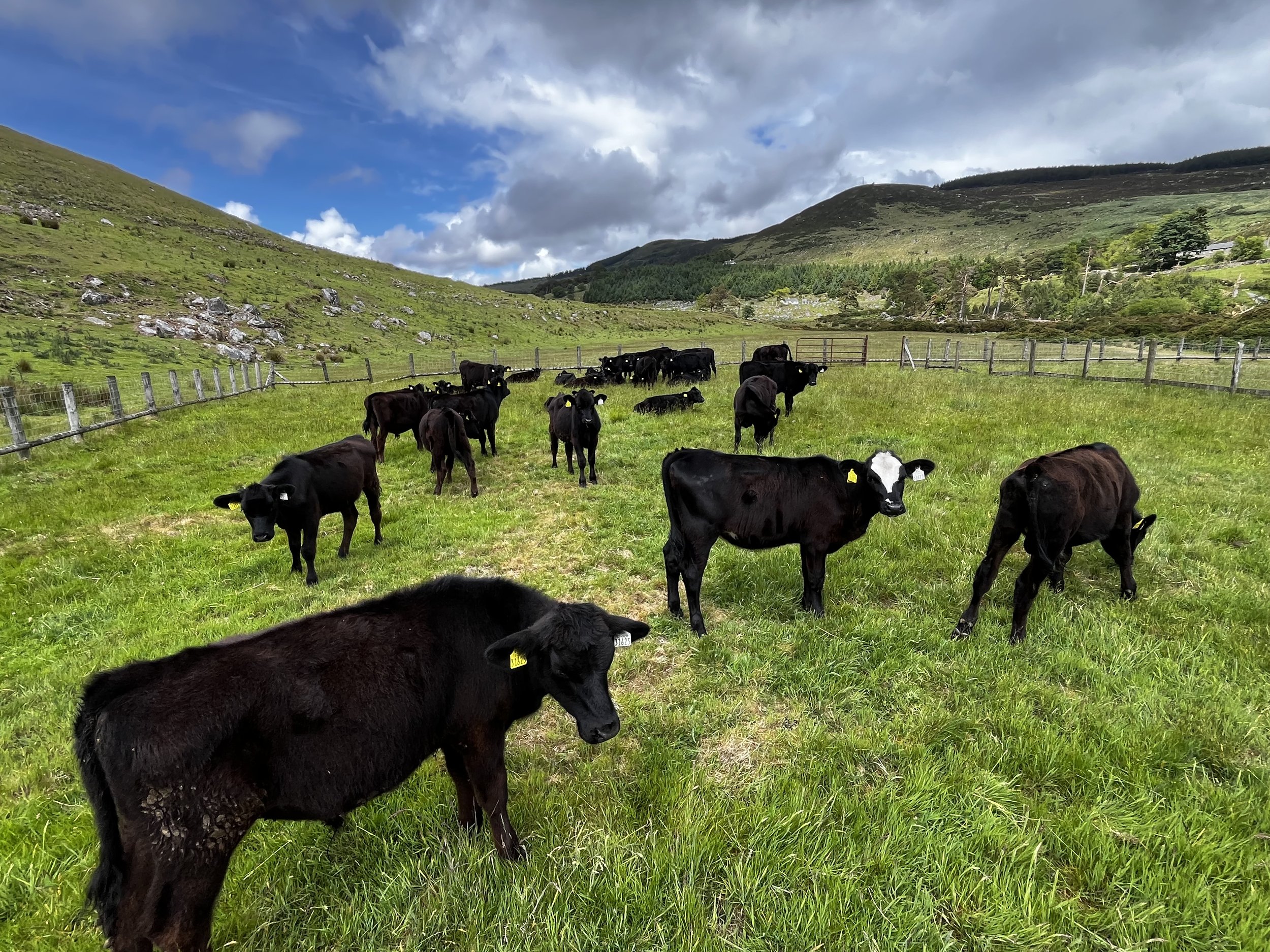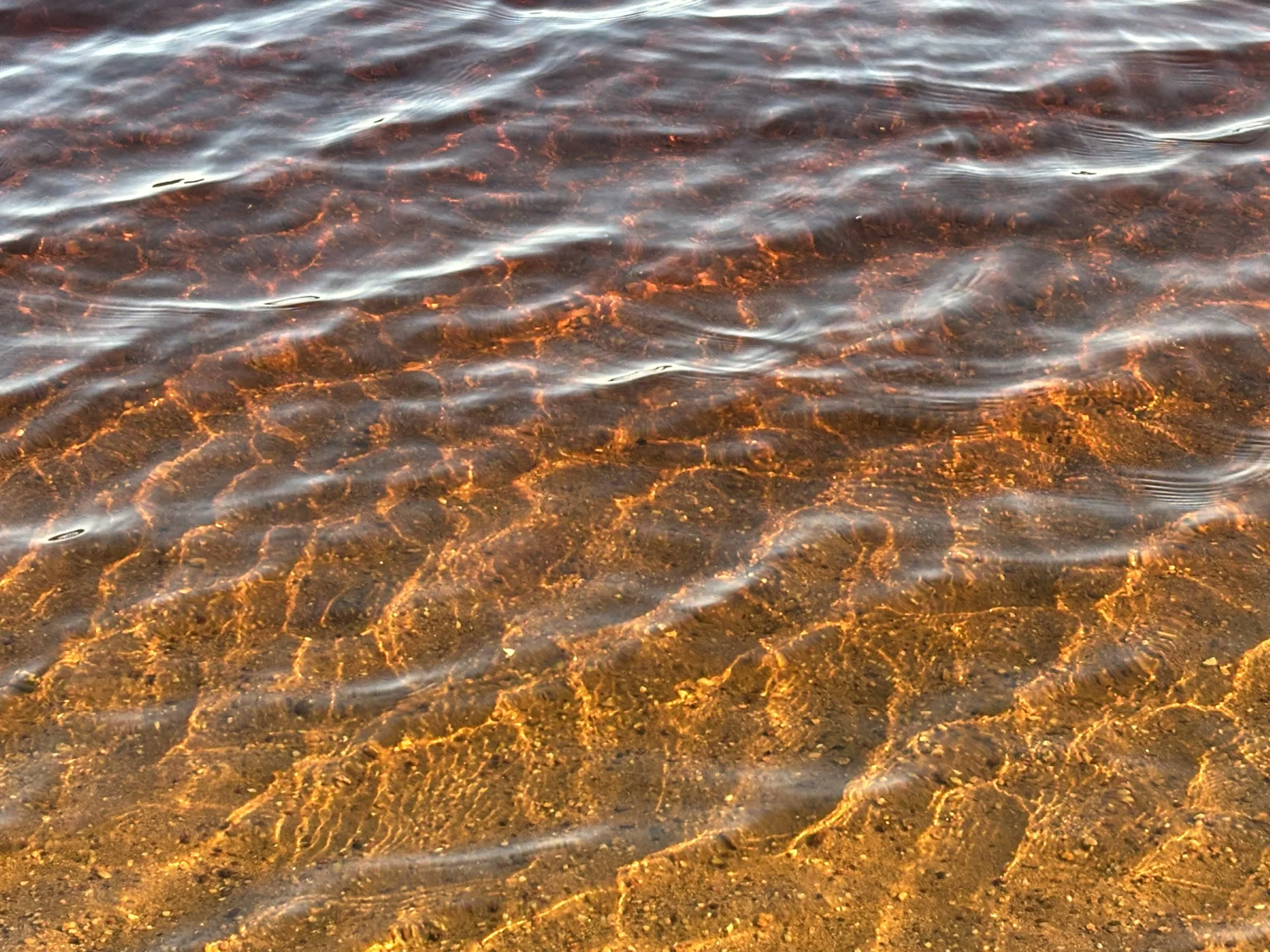Nature Recovery Pioneers
What do we do?
Luggala’s primary objective is the tackling of climate change by fostering biodiversity uplift: restoring habitats is one of the most effective solutions that exists. Through multidisciplinary collaboration with leading academic institutions such as Trinity College Dublin, University College Dublin and Yale University, local schools, community groups, national and local government, Luggala provides an outstanding living laboratory for pioneering environmental research in Europe.
-
Luggala is located within a designated Natura 2000 site, a Special Area of Conservation (SAC) and is a Special Protection Area (SPA). This creates a rare and valuable opportunity to restore a range of upland habitats. It offers a unique setting for long-term applied restoration science and ecological monitoring.
This is a complex, extensive upland site, entirely contained within the Wicklow Mountains. The area was subject to glaciation and features fine examples of oligotrophic lakes, deep river valleys and moraines. Luggala’s landscape is a rich but fragile mosaic of typical upland habitats; predominantly extensive blanket bog, wet and dry heath, upland grassland, and aquatic ecosystems. There are remnants of old oak woodlands and Atlantic bryophytes.
Luggala’s habitats remain in the degraded, overgrazed and fragmented condition that resulted as a consequence of historical land use pressures; over centuries the needs of agriculture, commercial forestry and field sports defined the patterns of land management here. This problematic land use limits the natural capacity to sequester carbon and support biodiversity. Resultantly, Luggala Estate has shifted away from this traditional emphasis towards a focus on ecological land management. Conservation strategies therefore include, for example, peatland rewetting, woodland restoration, and conservation grazing, creating biodiversity uplift and improving the area for wildlife. We are guided by evidence based approaches to support environmental management, monitor the outcomes of the restoration and test interventions to discover if there are ways to improve restoration success.
Nevertheless, these challenges highlight the critical importance of the nature-based solutions that Luggala is embracing. Our Initiatives will be essential for increased carbon storage, reduction in soil erosion, improve water quality; enhancing biodiversity, and building ecological resilience in the years ahead. Despite best efforts recovery can be slow; this is a long term project expected to take many decades.









